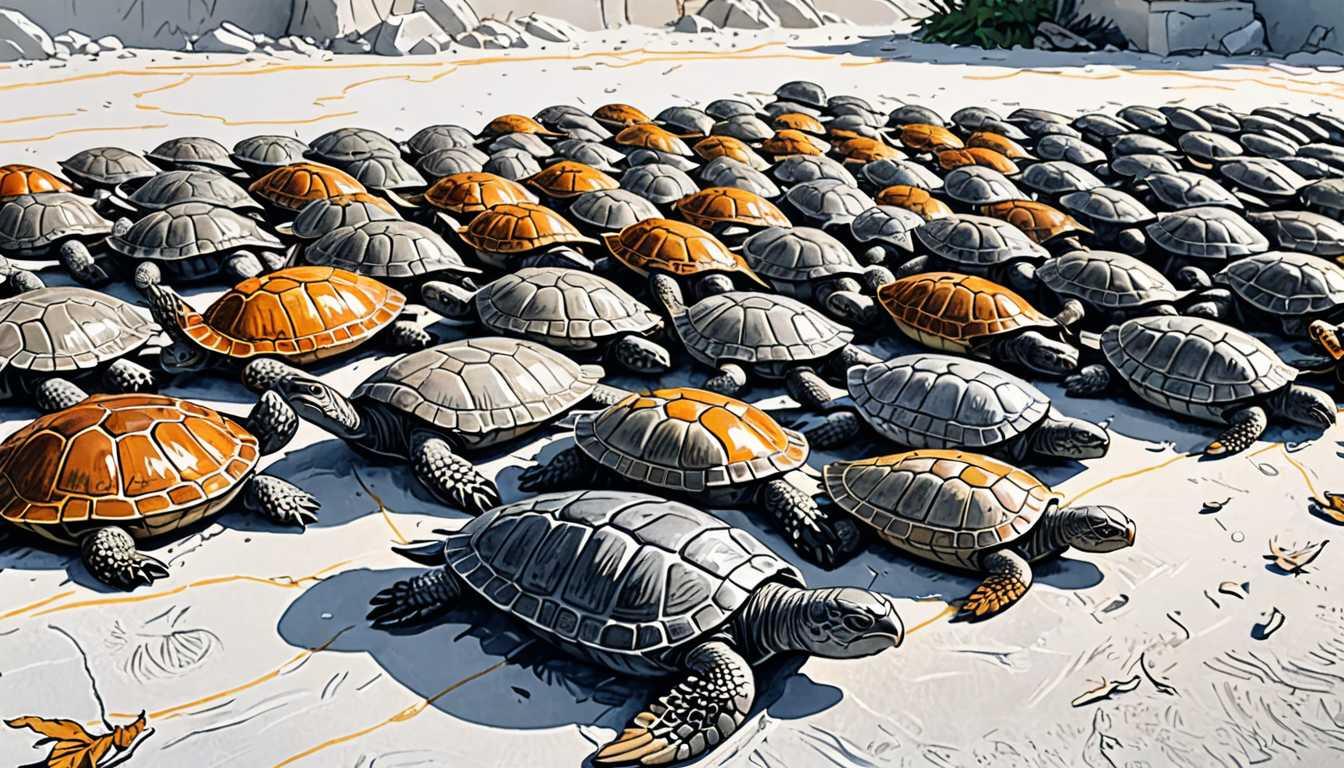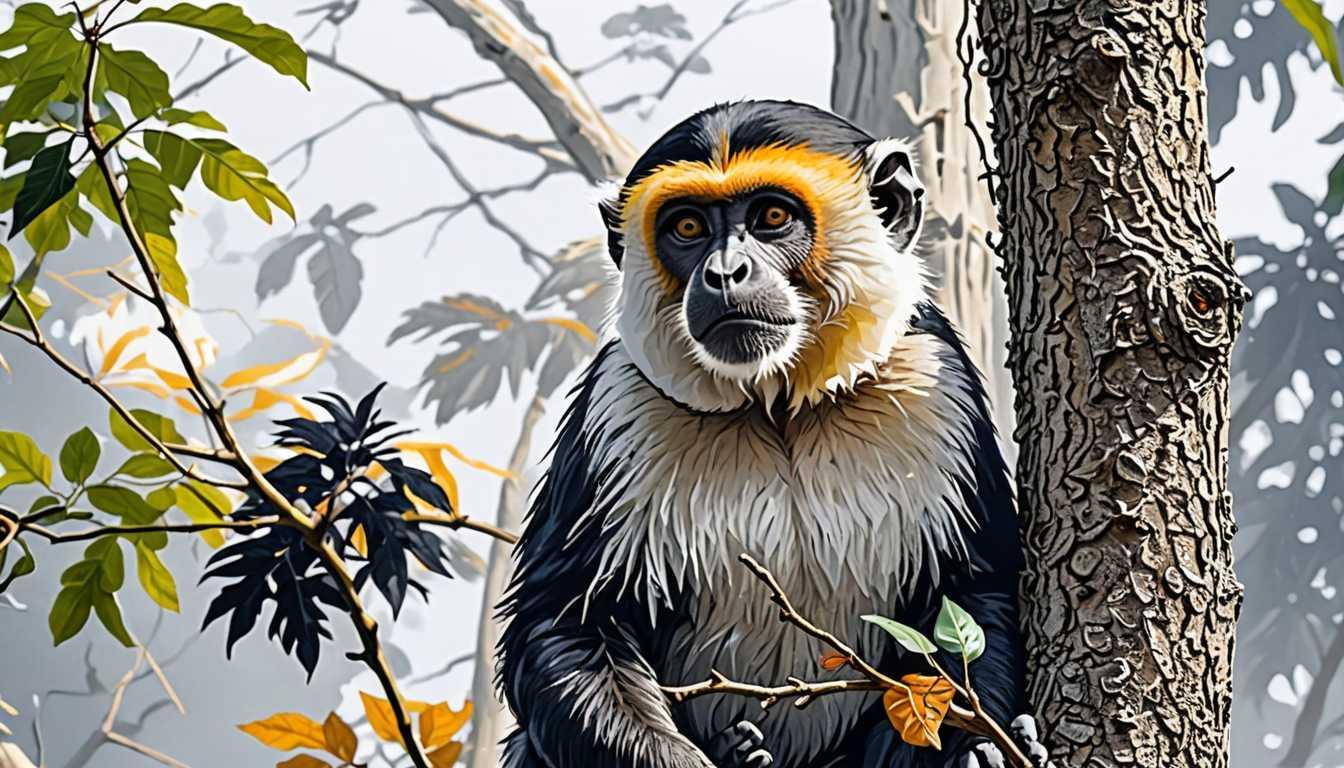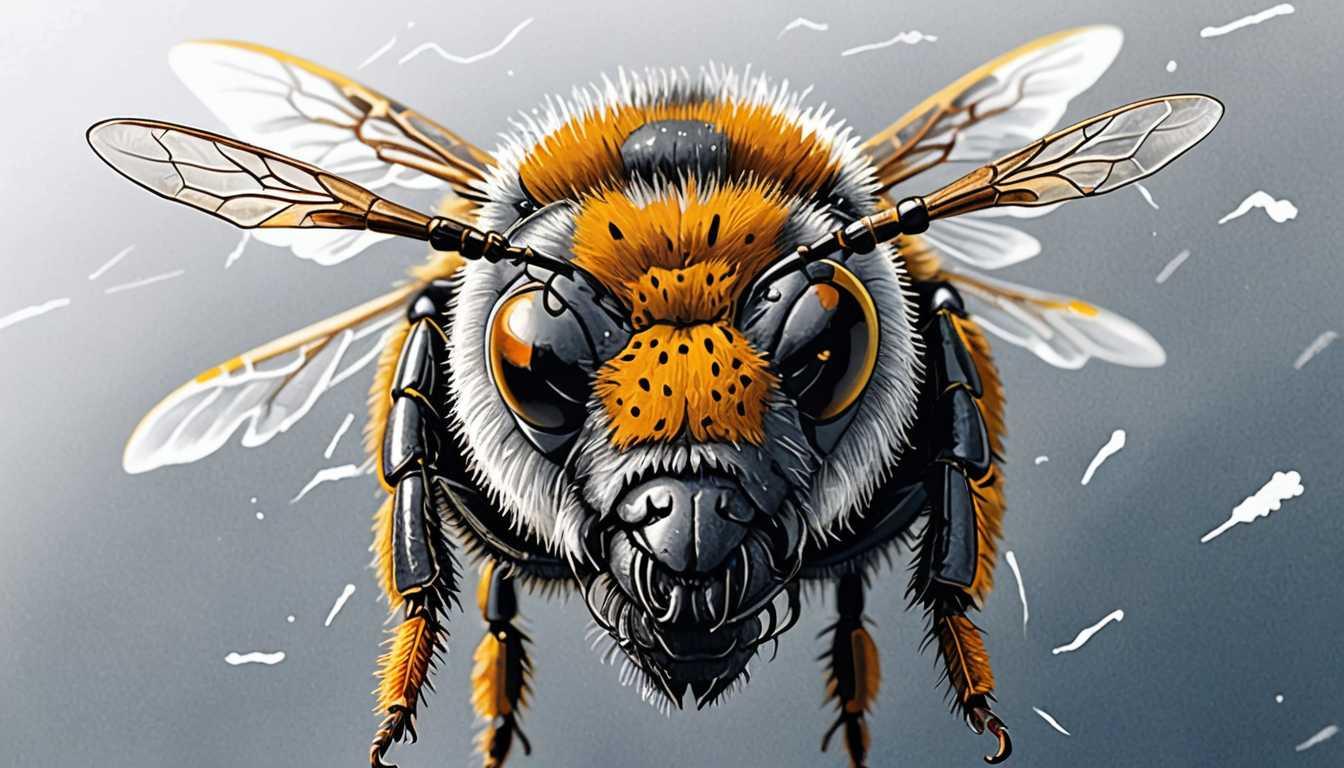Ecuador's Leap for Animal Rights
April 2022
Smithsonian Magazine
Introduction
Dive into a groundbreaking story from Smithsonian Magazine, where Ecuador's high court champions the rights of wild animals, setting a legal precedent that's all about respecting our furry and feathered friends' legal rights to live freely and without fear. This fascinating ruling, sparked by the tale of Estrellita the woolly monkey, marks a monumental shift in how nature's rights are viewed, making Ecuador a pioneer in animal rights. Get ready to be intrigued by a blend of legal drama, animal advocacy, and a touch of heartwarming (and heartbreaking) storytelling!
READ FULL ARTICLEWhy It Matters
Discover how this topic shapes your world and future
The Jungle's New Law
Imagine a world where the trees, rivers, and even the animals could take you to court for not treating them right. Sounds like something out of a fantasy novel, right? Well, in Ecuador, it's become a reality. The country's high court made a groundbreaking decision that wild animals have legal rights, just like humans. This isn't just about one monkey named Estrellita; it's a big deal that could change how we interact with nature globally. It's about recognizing that animals and ecosystems aren't just resources for us to use but important parts of our world that deserve respect and protection. This case opens up a whole new perspective on environmental conservation, legal systems, and our relationship with the planet. For you, this could mean a future where your actions towards nature could be more than just good deeds—they could be legal obligations. Exciting, right?
Speak like a Scholar
Constitutional law
The body of law which defines the role, powers, and structure of different entities within a state, namely, the executive, the parliament or legislature, and the judiciary; as well as the basic rights of citizens.
Rights of nature
Legal principles that recognize the right of ecosystems and natural entities to exist, regenerate, and flourish independently of their use to humans.
Habeas corpus
A legal action, or writ, through which a person can seek relief from unlawful detention or imprisonment.
Biodiversity
The variety and variability of life on Earth, including all species of plants, animals, and microorganisms, the genes they contain, and the ecosystems they form.
Sentient beings
Creatures that can perceive or feel things, often used to describe animals that have the capacity to experience pleasure and pain.
Ecosystem
A community of living organisms in conjunction with the nonliving components of their environment, interacting as a system.
Independent Research Ideas
The ripple effect of legal rights for animals
Investigate how granting legal rights to animals could transform conservation efforts, legal systems, and societal behaviors worldwide. This topic invites a deep dive into environmental law, ethics, and the potential for a global shift in how we value and interact with nature.
Biodiversity hotspots and legal protection
Explore the role of legal frameworks in protecting biodiversity hotspots, like Ecuador, that are rich in unique species but face threats from human activities. This research could blend environmental science, law, and geography to understand how laws can protect the planet's most precious ecosystems.
The psychology of animal rights
Delve into how recognizing animals as rights holders could affect human psychological and social attitudes towards conservation and animal welfare. This interdisciplinary topic merges psychology, environmental ethics, and sociology, offering insights into how laws reflect and shape societal values.
Technological solutions for monitoring ecosystem health
Examine how technology could support the enforcement of nature's rights by monitoring ecosystem health and detecting legal violations. This project bridges environmental science, technology, and law, showcasing innovative ways to protect the planet.
Cultural perspectives on nature's rights
Investigate how different cultures view the rights of nature and animals, and how these views influence legal and conservation practices around the world. This topic encourages a global perspective, comparing traditions, beliefs, and legal systems to understand diverse approaches to environmental stewardship.
Related Articles

ShellBank: Saving Turtles with DNA
November 2022
World Wildlife Fund

Monkeys, Stress, and Surviving Droughts!
January 2025
UCLA Health + Behavior

America's Wolf: A Survival Saga
September 2022
National Geographic

Sea Otters: Alaska's Furry Ecologists
March 2023
BBC

Goodbye, 'Murder Hornets': Hello, Northern Giants
July 2022
National Geographic